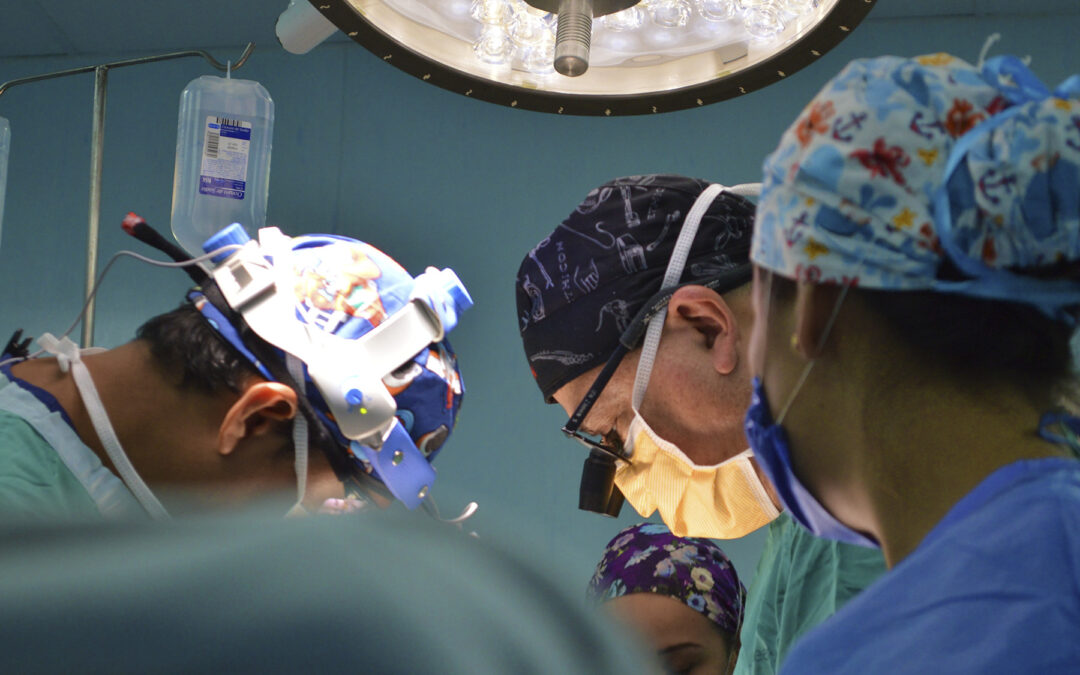According to the financial planning group Physicians Thrive, a deficit of 122,000 health care providers is expected by 2032. Orthopedic surgeons rank third, with a more than 5,000 provider shortage by 2025.
Undoubtedly, the effects of this shortage will be far-reaching, especially for those injured in car accidents.
The reason for the shortage of orthopedic surgeons is complex.
The need for care is increasing in the aging population of baby boomers. With a large portion of the population trending toward age 65 and over, the need for orthopedic treatment and surgery will continue to increase.
A large number of orthopedic surgeons are heading toward retirement. More than 60% are over age 55, which will lead to a dramatic reduction in practicing surgeons over the next several years.
A smaller number of people are completing orthopedic residencies each year. According to physician consulting firm Merritt Hawkins, this is largely due to a congressional cap on funding for physician graduate medical education (MGE) enacted in 1997.
The overall population continues to grow. The number of people residing in the US is expected to increase at least 10% by 2032.
The Great Resignation is real. Unfortunately, no one in the healthcare industry was exempt from pandemic stress and trauma. While some have experienced burnout from the rising demand for critical care, other practices have seen a reduction in the number of general appointments that have yet to return to pre-pandemic levels. Unfortunately, the fallout continues, and the final toll is yet to be seen.
With these factors combined, the healthcare system is left with a higher demand for orthopedic surgeons than it can supply.
The shortage of orthopedic surgeons will significantly impact those injured in motor vehicle accidents.
The shortage of orthopedic surgeons is especially concerning for those injured in car accidents. Many accident victims require immediate orthopedic care.
A failure to stabilize injuries in a timely manner will likely lead to increased pain and suffering, as well as longer hospital stays and rehabilitation times. Sometimes, these delays could lead to complications that even result in death.
Less available care could impact personal injury claims.
Without enough orthopedic surgeons, those injured in car accidents will face additional challenges, aside from more complicated medical issues. Motor vehicle accidents comprise a large majority of personal injury cases. With delayed care and extended rehabilitation, the cost of care for these patients is likely to rise.
Attorneys involved in personal injury claims will need to be even more diligent when reviewing health care costs. Utilizing independent third-party medical billing experts ensures all charges are usual, customary, and reasonable. In addition, providers can help ward off potential issues by keeping their chargemasters up to date with regular reviews by an expert in medical billing.
While the impending shortage of physicians cannot be resolved overnight, careful preparation by those already in the healthcare and legal profession should limit additional collateral damage.

